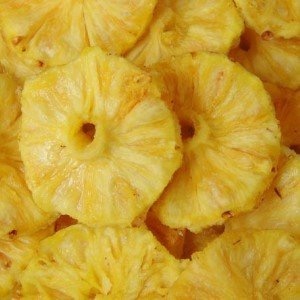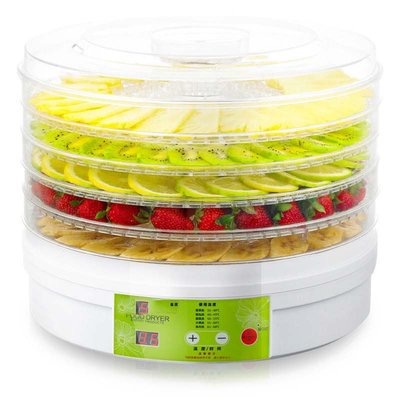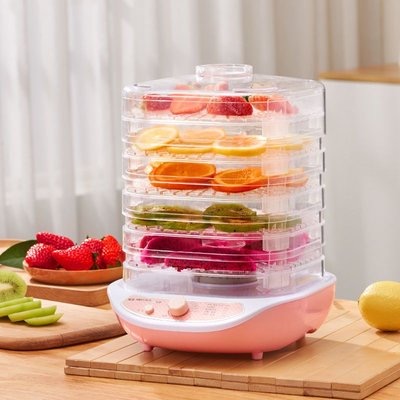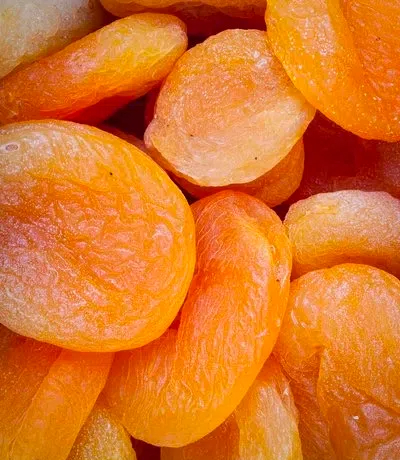
Content Menu
● Introduction
● What is Food Drying?
● The Science Behind Food Drying
● Heat Pump Dryers: An Overview
● Advantages of Using Heat Pump Dryers for Food
● Applications of Heat Pump Dryers in Food Industry
● Choosing the Right Food Drying Machine
● Maintenance and Care for Food Dryers
● Conclusion
● Frequently Asked Questions
>> 1. What types of food can be dried using heat pump dryers?
>> 2. How does a heat pump dryer differ from a conventional dehydrator?
>> 3. What are the energy savings associated with heat pump dryers?
>> 4. Can I use a heat pump dryer for home food drying?
>> 5. What maintenance is required for heat pump dryers?
Introduction
Food preservation has been a crucial aspect of human survival and culinary practices for centuries. Among various methods, food drying stands out as one of the oldest and most effective techniques. In recent years, heat pump dryers have emerged as a revolutionary technology in the food drying industry, offering numerous advantages over traditional methods. This article explores the science behind food drying, the benefits of heat pump dryers, and how they can enhance food preservation.

What is Food Drying?
Food drying is the process of removing moisture from food to inhibit the growth of microorganisms and enzymes that cause spoilage. Historically, this method was practiced by sun-drying fruits and vegetables, but modern technology has introduced more efficient methods. Today, food can be dried using various techniques, including air drying, oven drying, and specialized dehydrators.
The Science Behind Food Drying
The primary goal of food drying is to reduce the moisture content to a level that prevents spoilage. When moisture is removed, the food becomes lighter and less prone to bacterial growth. The effectiveness of drying depends on several factors, including temperature, airflow, and humidity. Heat pump dryers utilize advanced technology to maintain optimal conditions for drying, ensuring that food retains its nutritional value and flavor.
Heat Pump Dryers: An Overview
Heat pump dryers operate by using a refrigeration cycle to extract moisture from food. Unlike traditional dryers that expel hot air, heat pump dryers recycle warm air, making them more energy-efficient. This technology allows for precise temperature control, which is essential for drying delicate foods without compromising their quality.
Advantages of Using Heat Pump Dryers for Food
One of the most significant benefits of heat pump dryers is their energy efficiency. They consume less electricity compared to conventional drying methods, leading to lower operational costs. Additionally, heat pump dryers preserve the nutrients and flavors of food better than traditional methods, making them an excellent choice for health-conscious consumers.
Moreover, heat pump dryers are versatile and can handle a wide range of food types, from fruits and vegetables to meats and herbs. This flexibility makes them suitable for both commercial and home use.

Applications of Heat Pump Dryers in Food Industry
In commercial settings, heat pump dryers are invaluable for restaurants and food manufacturers. They allow for large-scale drying operations while maintaining quality and consistency. For small businesses and home users, these dryers provide an opportunity to create dried snacks and ingredients, catering to the growing demand for healthy, preservative-free foods.
Choosing the Right Food Drying Machine
When selecting a food drying machine, several factors should be considered. Capacity is crucial, especially for commercial users who need to process large quantities of food. Energy consumption is another important aspect, as it directly impacts operational costs. Features such as adjustable temperature settings and timers can enhance usability and efficiency.
Maintenance and Care for Food Dryers
To ensure optimal performance, regular maintenance of heat pump dryers is essential. This includes cleaning filters, checking for blockages, and ensuring proper airflow. Users should also familiarize themselves with common issues and troubleshooting techniques to prolong the lifespan of their machines.
Conclusion
Heat pump dryers represent a significant advancement in food drying technology, offering energy efficiency, versatility, and superior food preservation. As consumers become more aware of the benefits of dried foods, investing in a heat pump dryer can be a wise decision for both commercial and home users. By embracing this technology, individuals can enjoy the advantages of healthy, preserved foods while contributing to sustainable practices.

Frequently Asked Questions
1. What types of food can be dried using heat pump dryers?
A variety of foods including fruits, vegetables, herbs, and meats can be dried effectively.
2. How does a heat pump dryer differ from a conventional dehydrator?
Heat pump dryers recycle warm air and are generally more energy-efficient compared to conventional dehydrators.
3. What are the energy savings associated with heat pump dryers?
Heat pump dryers use significantly less energy than traditional dryers, making them cost-effective in the long run.
4. Can I use a heat pump dryer for home food drying?
Yes, heat pump dryers are suitable for home use and can handle various food drying tasks efficiently.
5. What maintenance is required for heat pump dryers?
Regular cleaning of filters and ensuring proper airflow are essential for optimal performance.












